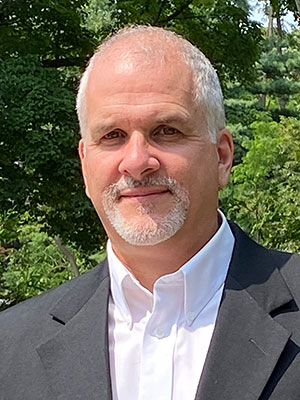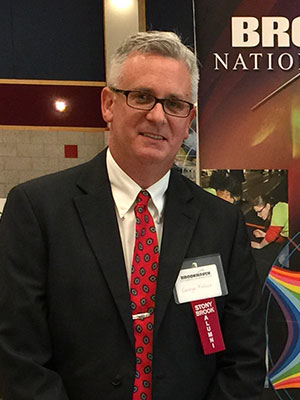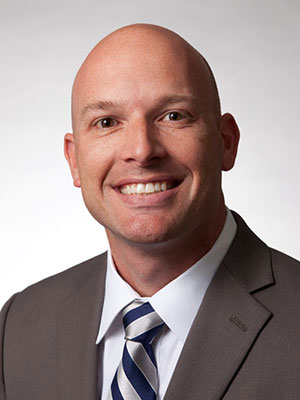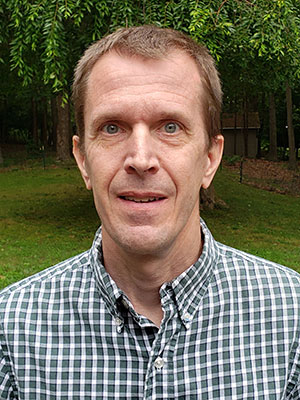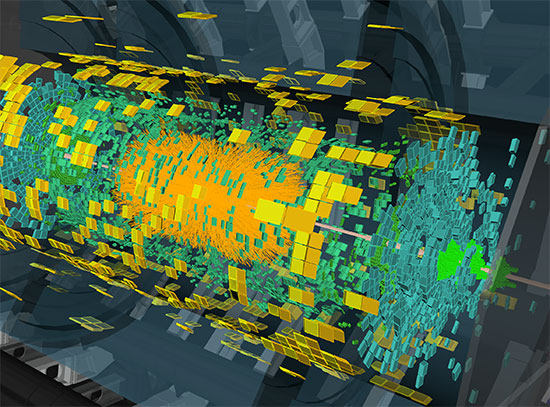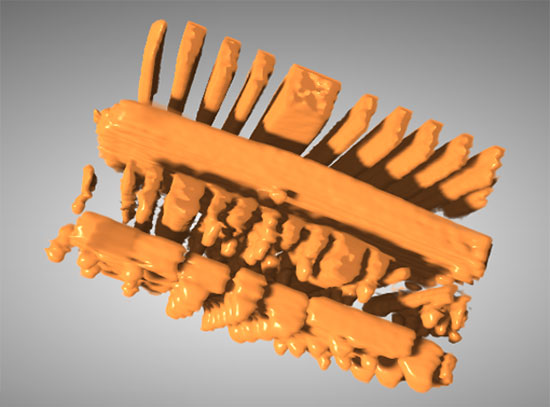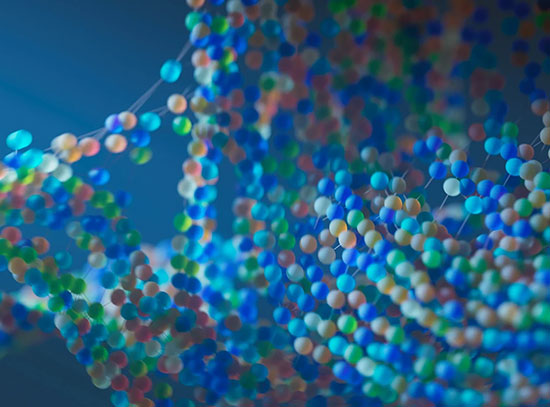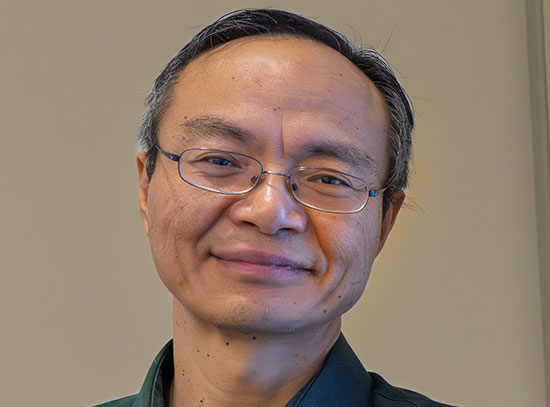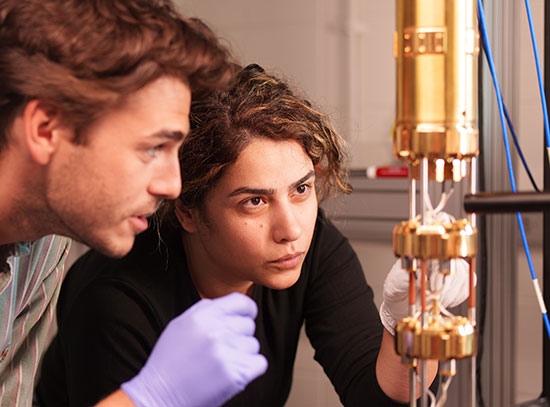Meet the 2020 Engineering Award Recipients
July 26, 2021
Engineering Awards are presented to recognize distinguished contributions to the Laboratory's engineering and computing objectives. The 2020 recipients are:
Scott Buda, National Synchrotron Light Source II
Scott Buda has dedicated his 34-year career at Brookhaven to the safety and reliability of the Lab’s synchrotron facilities: NSLS and NSLS-II.
During his years at the original NSLS, Buda led a diverse group of technicians and engineers as head of the radiofrequency group, Chief Electrical Engineer, and head of the safety systems. Buda was involved in a majority of the electrical engineering projects at NSLS, ensuring the facility’s highly reliable operations and the safety of its staff and users.
Today, Buda’s peers attribute the progress that NSLS-II has achieved over the past five years to Buda’s leadership in designing, building and commissioning more than a hundred personnel and equipment protection systems in a record amount of time. These personnel protection systems are NSLS-II’s first line of defense in protecting the facility’s hundreds of employees and thousands of users from exposure to intense x-rays, while the equipment protection systems defend against faults that can cause programmatic damage in the million-dollar range to one of the Nation’s premier light sources.
It is a credit to Buda’s engineering ingenuity and diligence that these enormous networks of complex engineering controls work seamlessly and meet the highest safety standards.
George Mahler, Collider-Accelerator Department
George Mahler, a principal mechanical engineer in Brookhaven’s Collider-Accelerator Department, is known to take on tough jobs, solve any issues that arise, and build and supervise the assembly of tools needed for fabrication – all while delivering high-quality final products ahead schedule.
In fact, he consistently looks for challenging assignments only to meet them with an excellent engineering skillset and know-how. Among his recent achievements, Mahler led the assembly of more than 200 magnets that have been successfully installed at the Cornell-Brookhaven “Energy-Recovery” Test Accelerator, or CBETA, at Cornell University. Mahler developed the novel magnet design, which allows beams at four different energies to pass through a single beamline simultaneously, with physicist Stephen Brooks.
Mahler, who started out as an accelerator-engineering intern in 1991, is a sought-out source of engineering advice around Brookhaven Lab. Over the years, he’s passed on his knowledge as an internship mentor to many engineering students and represents the Lab at job and intern outreach events.
Brian McCaffrey, Modernization Project Office
Brian McCaffrey stands out for his exceptional management of major multimillion-dollar projects that support scientific research and environmental restoration.
He diligently oversees multiple projects at once, while also serving as a project lead and managing a staff of engineers and architects. His engineering expertise often leads to ways of making work safer, faster, and cost-efficient.
Last year, McCaffrey helped accelerate the completion of the Laboratory for BioMolecular Structure facility, which houses advanced cryo-EM microscopes that swiftly went into use for COVID-19 research this year. He was also the primary point-of-contact on the High Flux Beam Reactor Stack Demolition and Decommissioning Project.
Among other notable contributions, McCaffrey recently oversaw the project to renovate an existing, vacant hot cell facility in Bldg. 801 for the Medical Isotope Research & Production program's processing of medical isotopes for cancer diagnostics and therapies. Early in the project, he organized the removal of radiologically contaminated materials and decontamination of the facility, which saved hundreds of thousands of dollars and made the site safer for contractors.
John Morris, Collider-Accelerator Department
John Morris is an exceptional engineering talent who develops controls software essential to successful sciences programs at the Relativistic Heavy Ion Collider, the NASA Space Radiation Laboratory, the upcoming Electron-Ion Collider, and for many other major projects.
His expertise in accelerator control systems, particularly in timing systems and data analysis, is recognized across Brookhaven and internationally.
Morris takes on tough assignments requiring his sophisticated analysis and creative thinking skills that make him a go-to accelerator operations problem solver. He’s also forward-thinking, bringing new technologies into use in controls at the Lab. In one of many engineering feats, he developed a reliable system for the Galactic Cosmic Ray simulator that ensures the same precise beam profile on target for particular energies and ions.
While he helps engineers and scientists understand the high-quality timing controls and data collectors he develops, he also makes sure that he grasps the physics behind their experiments to provide the best software possible.
Jesse Schmalzle, Superconducting Magnet Division
Jesse Schmalzle stands out as a critical team leader in the effort to deliver high-quality coils for the high-luminosity upgrade of the Large Hadron Collider (LHC) at CERN.
Representing Brookhaven in the Accelerator Upgrade Project, Schmalzle excels in a role of difficult responsibilities, from ensuring the quality of completed coils to managing the cost and schedule for their construction. Thanks to his careful planning, coils made from a very difficult material, niobium tin, are of excellent quality and under budget. Since undertaking these responsibilities, Jesse has been a leader in the technical development and has instituted improvements that have been implemented across the project. Throughout the effort, he established a good rapport with his counterparts and project managers from Fermi National Accelerator Laboratory and Lawrence Berkeley National Laboratory.
Looking ahead, Schmalzle’s leadership on this project helps preserve and nurture engineering and technical skills that are essential for the Electron-Ion Collider at Brookhaven.
2021-19025 | INT/EXT | Newsroom




